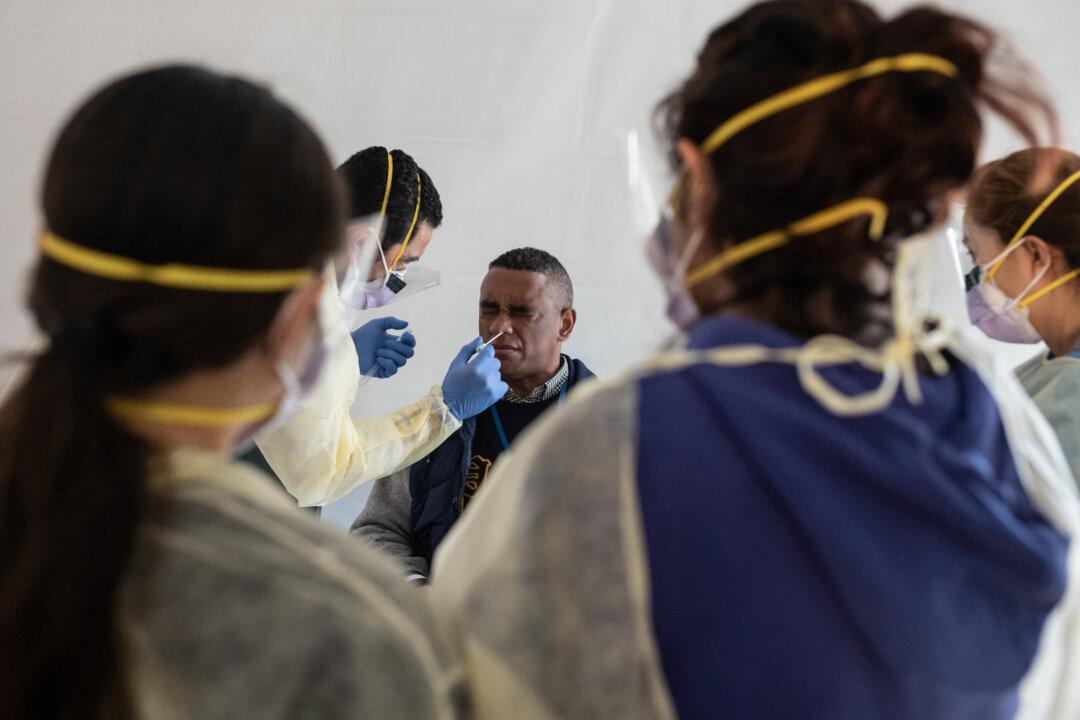Publishing community-based data on the coronavirus pandemic for the public can be a useful strategy to fight the outbreak, according to a Boston-based expert.
“I would say that more granular information would be useful, within the overall view of the virus across this country (and with information about the global evolution of the outbreak),” Gerald T. Keusch, an epidemic and global health expert from Boston University, told The Epoch Times in an email.





